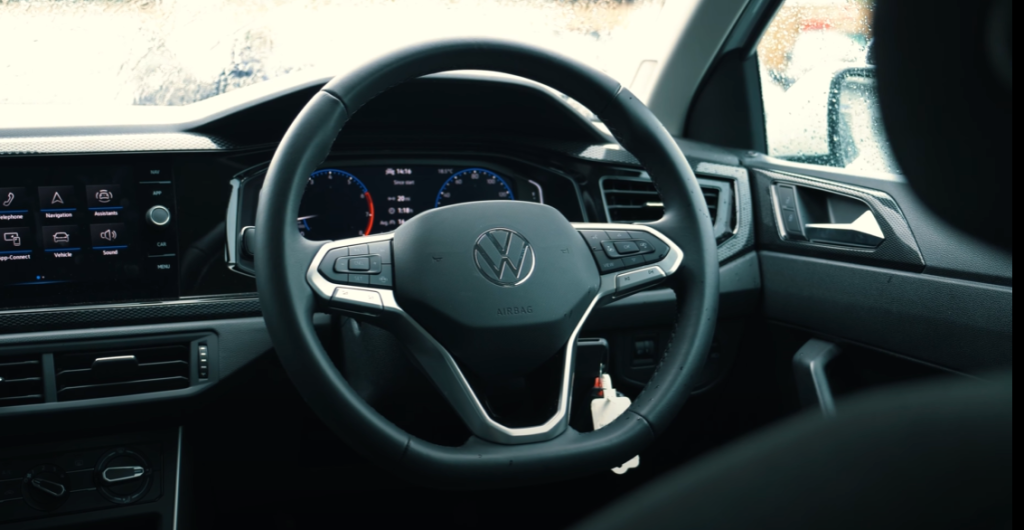This pause comes as the company faces mounting financial pressures.
Others are reading now
The auto industry is always looking for ways to evolve, but not every experiment works out as planned.
Volkswagen, one of the world’s largest carmakers, has decided to halt its rollout of the agent model, a sales strategy meant to transform how cars are sold, according to Boosted.
This pause comes as the company faces mounting financial pressures, slower-than-expected progress on electric vehicles, and unrest among its workforce.
The agent model was pitched as a revolutionary idea. Instead of dealerships purchasing cars from manufacturers and reselling them, brands like Volkswagen, Audi, and Skoda would sell vehicles directly to customers.
Also read
Dealers would act as intermediaries, providing showrooms and handling customer service for a commission.
Many Dealers Weren’t on Board
While the model promised to simplify the sales process and stabilize dealer incomes, many dealerships weren’t on board. They worried about losing control over sales and doubted the long-term viability of the system.
Those concerns, combined with the challenges of transitioning to electric vehicles, have prompted Volkswagen to put the plan on ice.
The pause on the agent model reflects deeper struggles for the automaker. Financial forecasts have been revised downward, and employees are threatening strikes at factories worldwide.
In Germany, the birthplace of Volkswagen, the agent model has already been scrapped entirely. For now, the traditional dealership model remains intact, though the company hasn’t ruled out revisiting the idea in the future.
Volkswagen isn’t alone in rethinking this approach. Stellantis, the parent company of brands like Peugeot and Citroën, recently abandoned similar plans.
Their leadership acknowledged missteps, underscoring the difficulties of transforming the way cars are sold.


